Legal Applicability in International Commercial Arbitration
Introduction
In international commercial practice, parties submit disputes to arbitration institutions agreed upon in effective arbitration agreements. In the arbitration process, the determination of the applicable law for assessing the validity of international commercial arbitration agreements, procedural rules for international commercial arbitration, the substantive rights and obligations of arbitration parties, smooth progress of arbitration proceedings, and the enforceability, recognition, and execution of arbitral awards constitute what is commonly referred to as the legal framework governing international commercial arbitration.
Due to the "international" nature of disputes in international commercial arbitration and the necessity to fully respect party autonomy, such cases often involve the application of laws from multiple countries. Hence, it is essential to elaborate on the issues concerning the application of substantive and procedural laws in international arbitration.
I. Application of Substantive Law
(I)Advance Selection of Applicable Substantive Law by the Parties
Substantive law refers to the law under which the arbitration tribunal renders decisions on the substantive issues of the dispute, determining the rights and obligations of the parties. International commercial arbitration disputes often involve contractual disputes, and the application of substantive law involves determining the governing law of the contract. The selection of substantive law can generally be predetermined in the main contract, for example, "This Agreement and all matters arising out of or relating to this Agreement, are governed by, and construed in accordance with, the laws of (...)." Various national laws and arbitration rules, based on the principle of party autonomy, typically recognize the validity of such choice-of-law clauses, unless they contravene mandatory laws or public policy of the place of arbitration. Parties may also make provisions in the arbitration clause within the contract, as exemplified by the model arbitration clause of the Asia Pacific International Arbitration Chamber (APIAC): "Any dispute, controversy, difference or claim arising out of or in connection with this contract,... and the applicable law shall be (...)." Arbitration tribunals will respect the autonomy of the parties and render decisions on substantive issues and determine the rights and obligations of the parties in accordance with the chosen law.
(II) Absence of Advance Selection of Applicable Substantive Law by the Parties
In international commercial practice, due to parties generally prioritizing the substantive content of the main contract during negotiations and placing the arbitration agreement at the final stage of negotiations, consideration may not be adequately given, leading to oversight of the governing law of the arbitration agreement and substantive law. Consequently, disputes may arise regarding the applicable law of the arbitration agreement. Most national laws and arbitration rules provide that in the absence of a choice of substantive law by the parties in international arbitration disputes, it is determined by the arbitration tribunal. However, the methods by which arbitration tribunals make such determinations vary under different national laws, mainly encompassing the following modes:
a. Explicitly specifying the legal conflict norms that the arbitration tribunal should apply, such as the closest connection principle, which entails applying the law of the country or region most closely connected to the relevant parties and facts of the case. This model is more prevalent in continental European countries, including Switzerland, Austria, and Germany.
b. Empowering the arbitration tribunal to apply the legal conflict norms it deems appropriate to determine the applicable law. This involves a "two-step" process: firstly, the arbitration tribunal selects the conflict norms and then determines the substantive law based on the guidance of these norms. For instance, Article 28 of the UNCITRAL Model Law stipulates: "Failing any designation by the parties, the arbitral tribunal shall apply the law determined by the conflict of laws rules which it considers applicable."
c. Empowering the arbitration tribunal to directly apply substantive law it deems appropriate without the need for any legal conflict norms. This is referred to as a "one-step" process. Countries like France, India, and the Netherlands adopt this model. Most major arbitration institutions' arbitration rules adopt this approach. For example, Article 21 of the International Chamber of Commerce (ICC) Arbitration Rules states: "The parties are free to agree on the rules of law to be applied by the arbitral tribunal to the merits of the dispute. Failing such agreement, the arbitral tribunal shall apply the rules of law which it determines to be appropriate." Similarly, Article 34 of the APIAC Arbitration Rules stipulates: "The arbitral tribunal shall apply the law agreed upon by the parties as the substantive law governing the dispute. In the absence of such an agreement by the parties, the arbitral tribunal shall apply the law which it determines to be appropriate."
II. Application of Procedural Law
Procedural law governs the regulation of arbitration procedures and acts themselves, encompassing legal provisions concerning the appointment and rights of arbitrators, judicial intervention and assistance, interim measures, and annulment of arbitral awards.
Procedural law in arbitration is often referred to as the " Court Law" " or "arbitration law," referring to the legal framework governing the arbitration tribunal and the arbitration process, comprising legal rules that the arbitration procedure itself must comply with. Firstly, procedural law in arbitration differs from arbitration procedural rules in that it not only governs the internal procedures of arbitration institutions or arbitration tribunals but also establishes external standards for conducting arbitration, while arbitration procedural rules only regulate internal arbitration procedures. Secondly, procedural law in arbitration and the law governing the jurisdiction of arbitration agreements or main contracts may originate from different countries, and procedural law in arbitration can operate independently of substantive law in arbitration.
In international commercial arbitration practice, parties typically choose a specific country or region as the seat of arbitration. For instance, in the model arbitration clause of the APIAC: "The place of arbitration shall be (...)," according to international practice, signifies the parties' implicit agreement to be bound by the law of this country in the arbitration process. In such cases, the procedural law applicable to international commercial arbitration is the law of the seat of arbitration, and local courts need to manage and supervise arbitration proceedings based on this law. The application of the law of the seat of arbitration ensures consistency between the arbitration clause and the applicable procedural law.
As parties often choose a neutral third country with a high international arbitration status as the seat of arbitration, the procedural law applicable to arbitration may differ from the substantive law applicable to the dispute. According to the 2021 International Arbitration Survey conducted by Queen Mary University of London, the countries/regions most strongly preferred by parties in international commercial arbitration are Singapore and London, primarily due to their relatively mature and friendly arbitration legal systems. Leveraging the advantageous arbitration environment in Singapore, the APIAC engages in international arbitration legal services.
Although legislation and judicial practices in some countries allow parties to choose the law of a non-seat of arbitration country as the procedural law of arbitration, selecting procedural law outside the seat of arbitration may result in the application of foreign law to arbitration procedures, empower foreign courts outside the seat of arbitration to annul arbitral awards, and bring unnecessary complications, which are not conducive to dispute resolution. Hence, in practice, parties rarely choose procedural law outside the seat of arbitration.
Conclusion
In conclusion, it is evident that if parties make reasonable agreements on arbitration clauses in advance, regulating the international arbitration institution to which disputes should be submitted, the applicable arbitration rules, the seat of arbitration, applicable arbitration laws, and other matters, they can significantly increase the predictability of dispute resolution, reduce risks, and costs associated with resolving disputes for commercial entities in international commercial disputes.
Therefore, we strongly recommend international commercial entities to incorporate arbitration clauses in contracts beforehand to enhance their capacity to address risks during the transaction process.
news
-
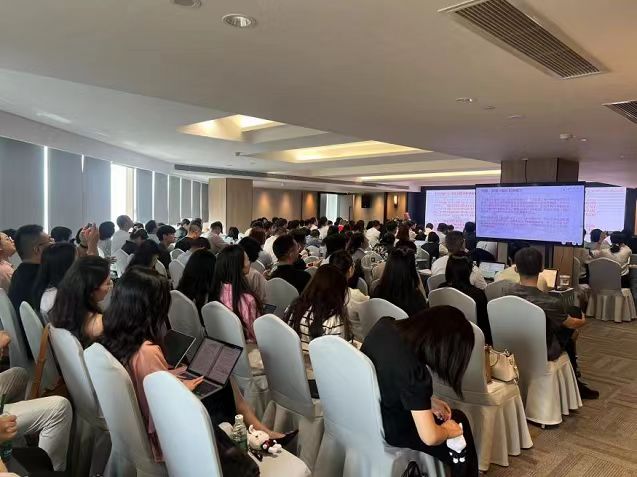 2023-09-21 02:01:59
2023-09-21 02:01:59 -
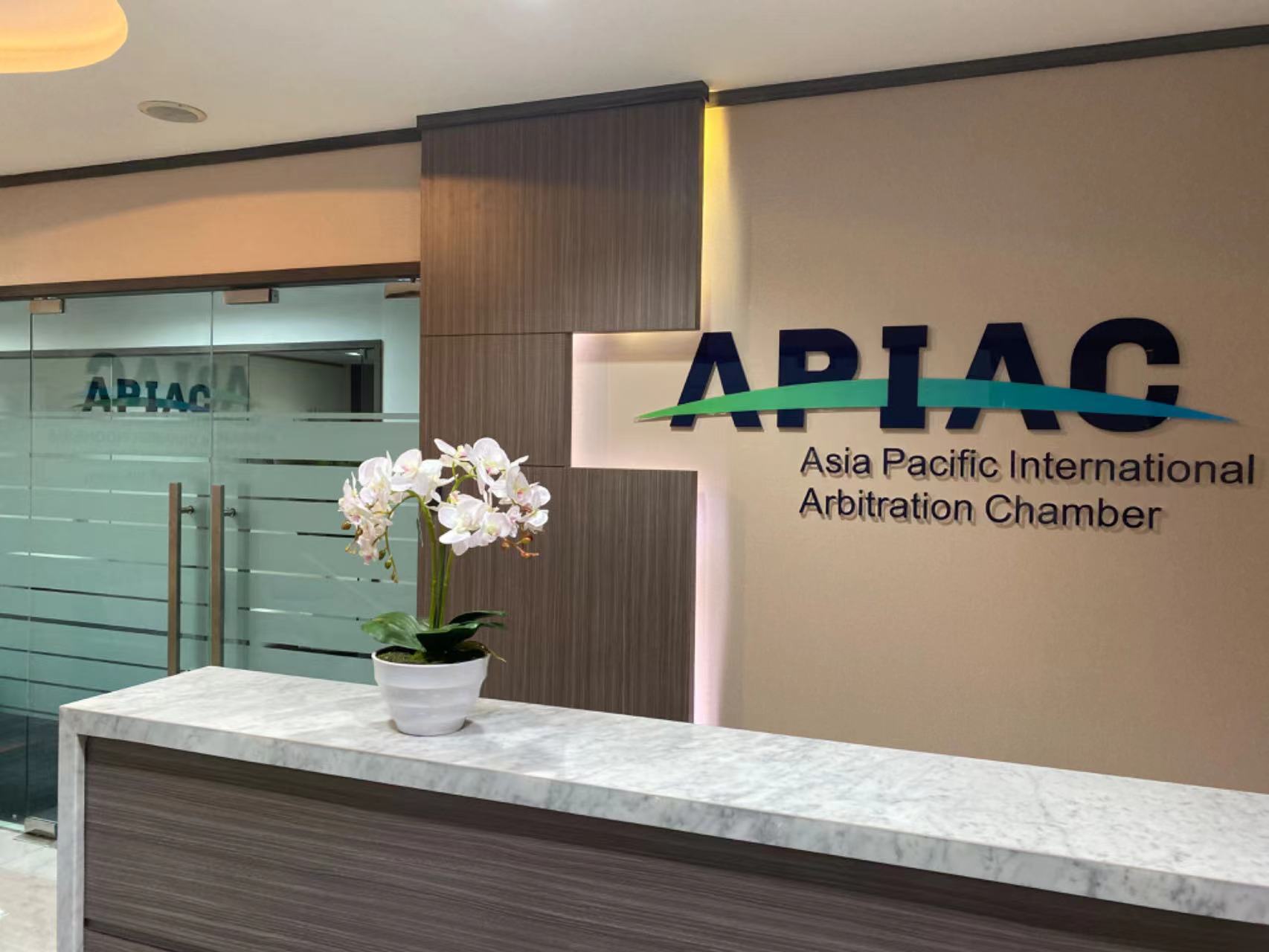 2023-09-21 02:01:59
2023-09-21 02:01:59 -
 2023-09-26 14:22:56
2023-09-26 14:22:56 -
 2023-10-07 08:34:26
2023-10-07 08:34:26 -
 2023-10-13 11:08:58
2023-10-13 11:08:58 -
 2023-10-25 10:30:58
2023-10-25 10:30:58 -
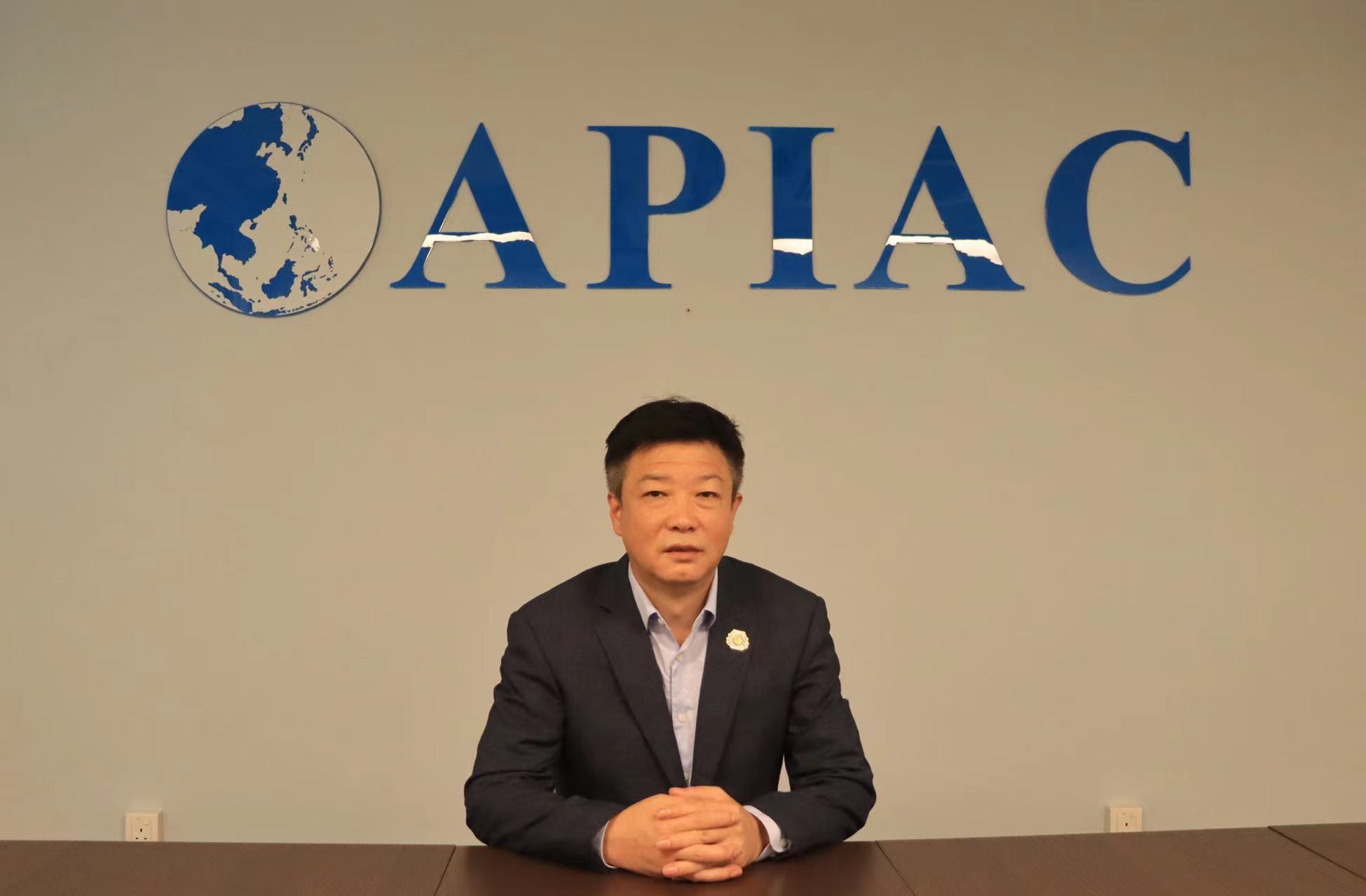 2023-10-25 11:08:40
2023-10-25 11:08:40 -
2023-11-22 14:57:27
-
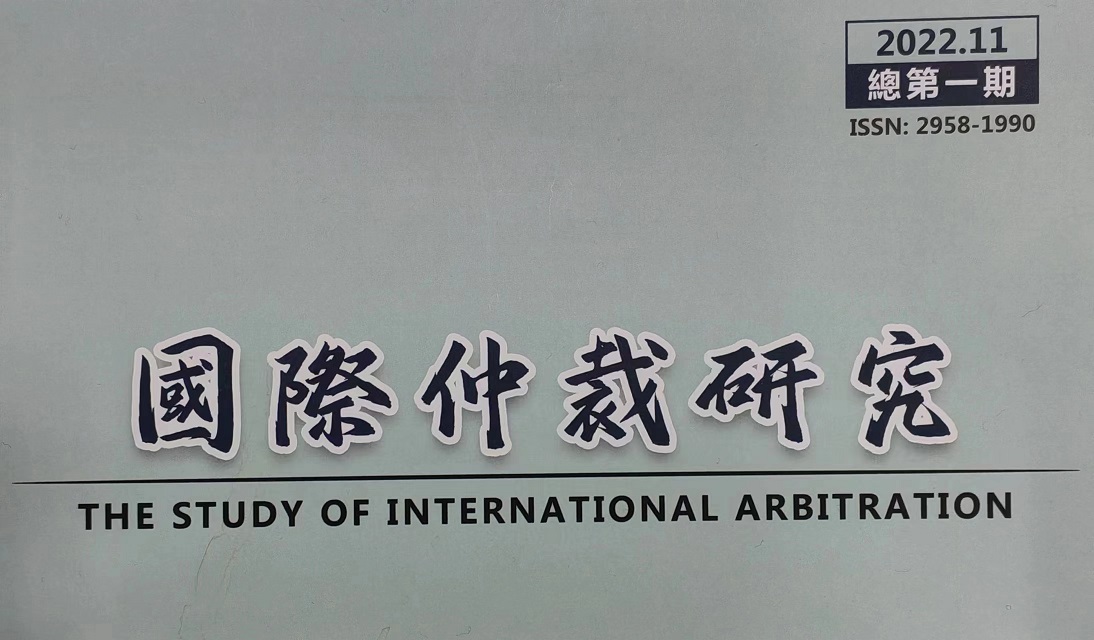 2023-11-24 16:06:15
2023-11-24 16:06:15 -
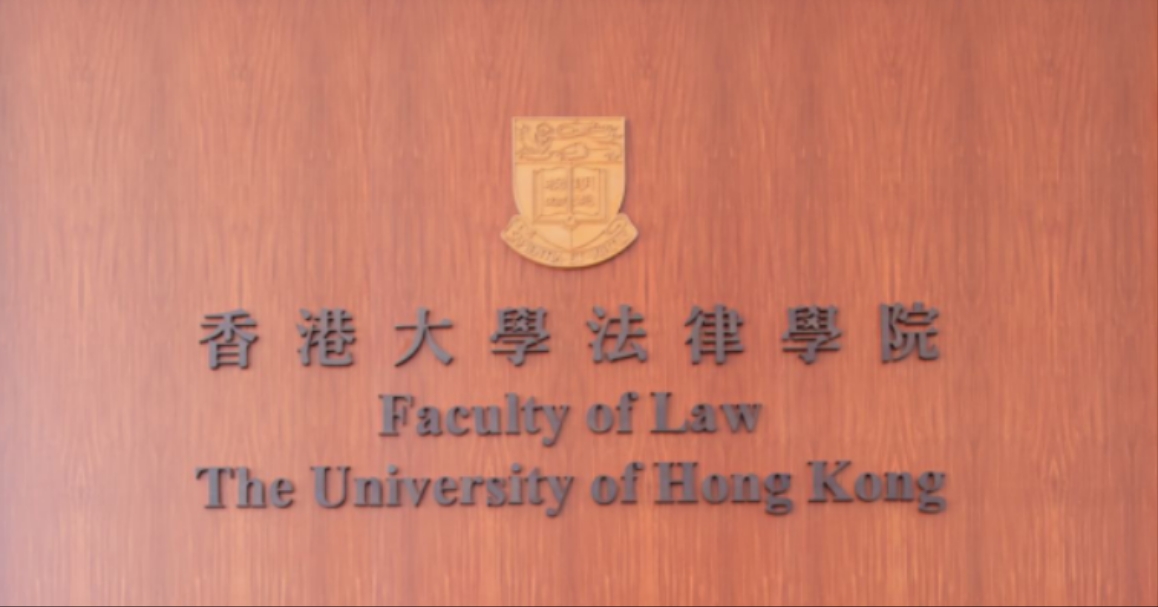 2023-11-24 17:34:06
2023-11-24 17:34:06 -
.jpg) 2023-11-27 11:07:53
2023-11-27 11:07:53 -
.png) 2023-12-07 11:34:06
2023-12-07 11:34:06 -
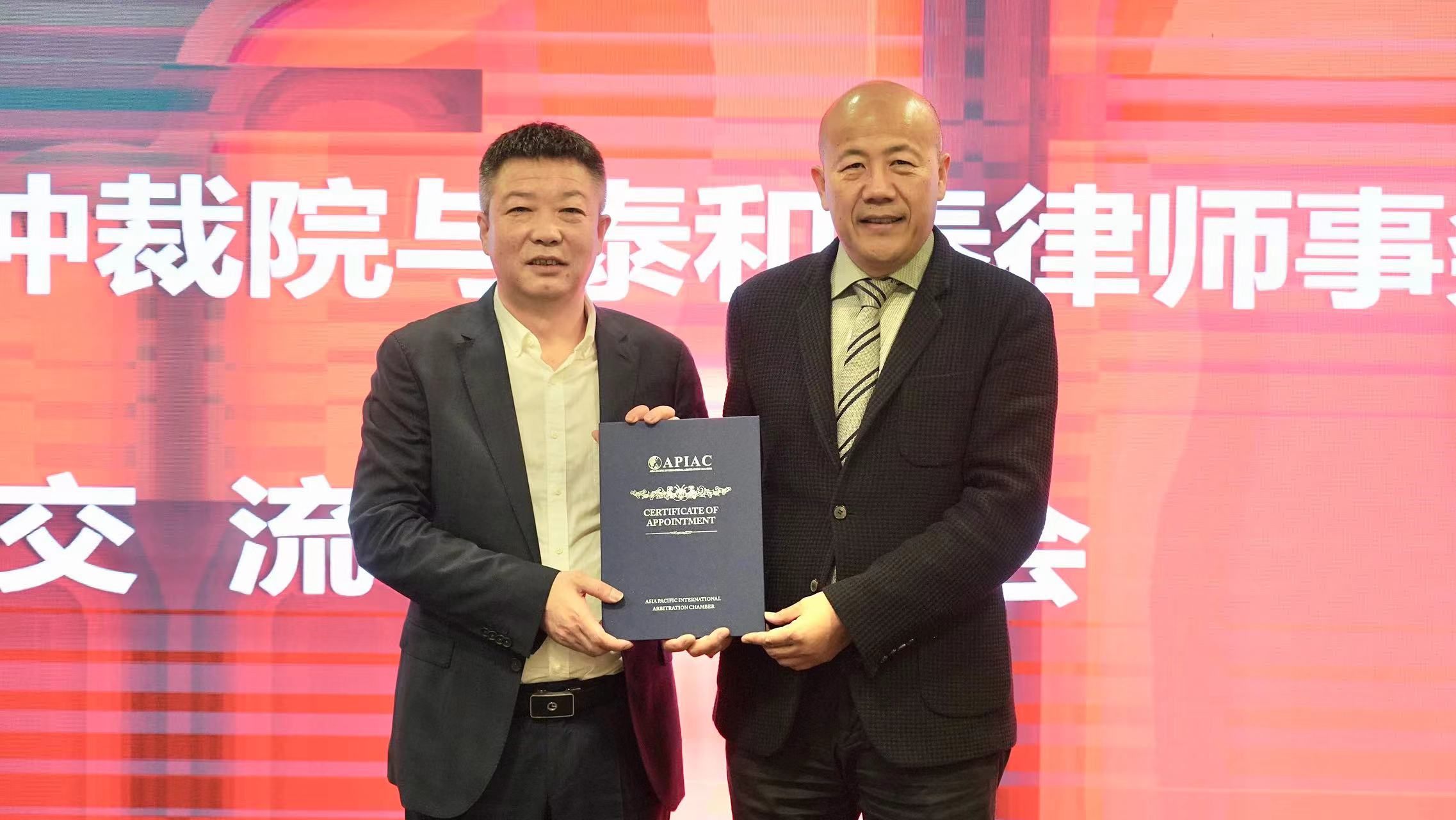 2023-12-19 09:18:51
2023-12-19 09:18:51 -
 2023-12-19 11:38:23
2023-12-19 11:38:23 -
 2023-12-19 11:53:22
2023-12-19 11:53:22 -
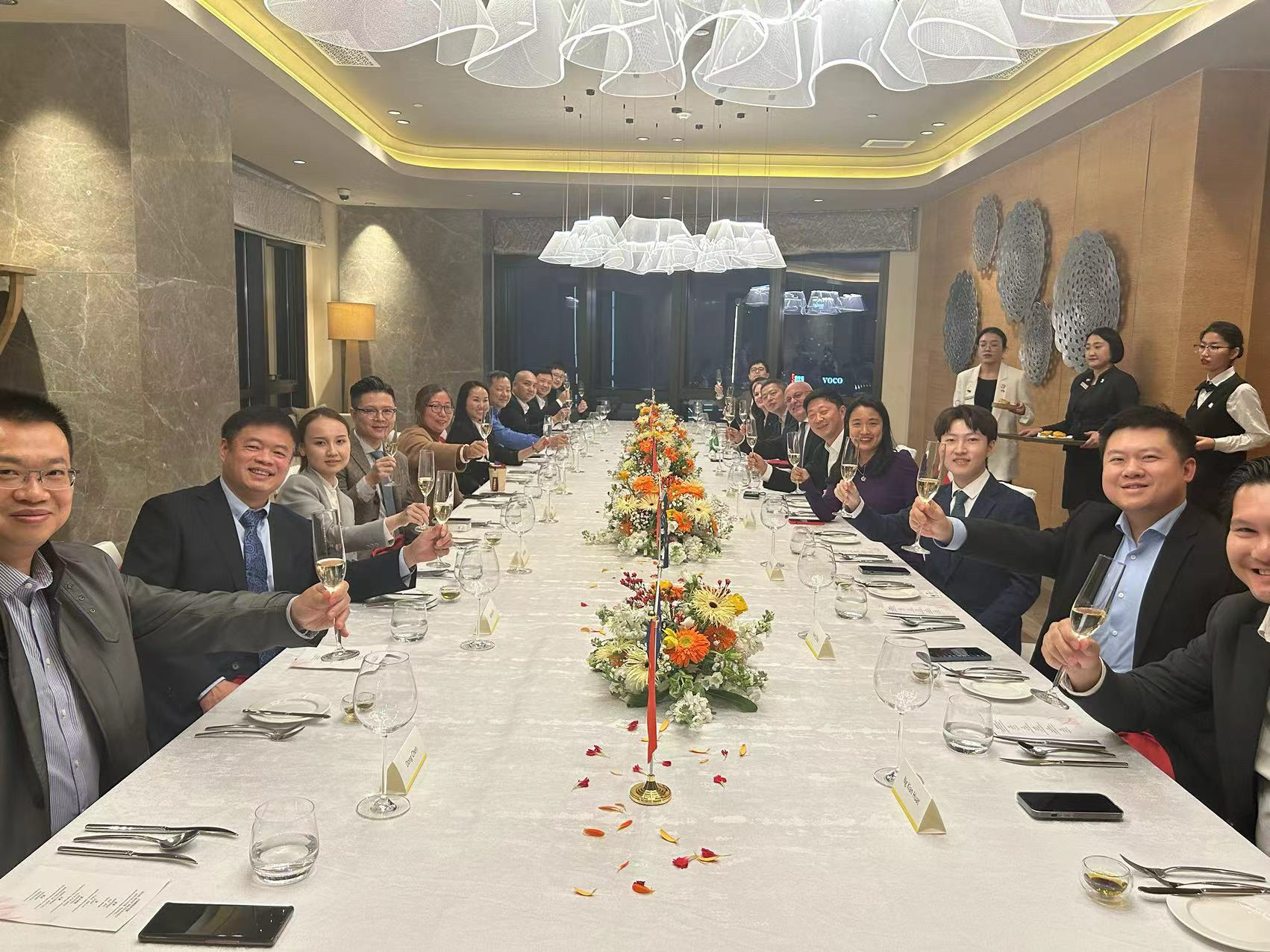 2023-12-19 14:46:19
2023-12-19 14:46:19 -
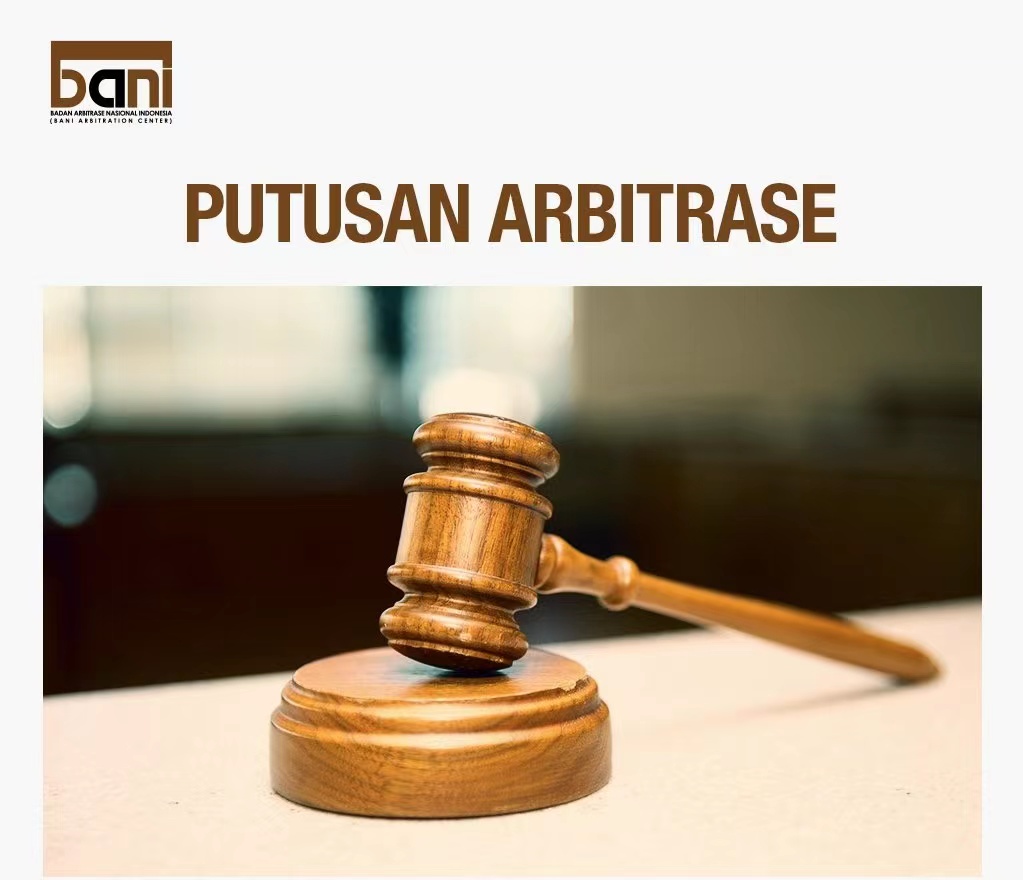 2023-12-21 14:43:26
2023-12-21 14:43:26 -
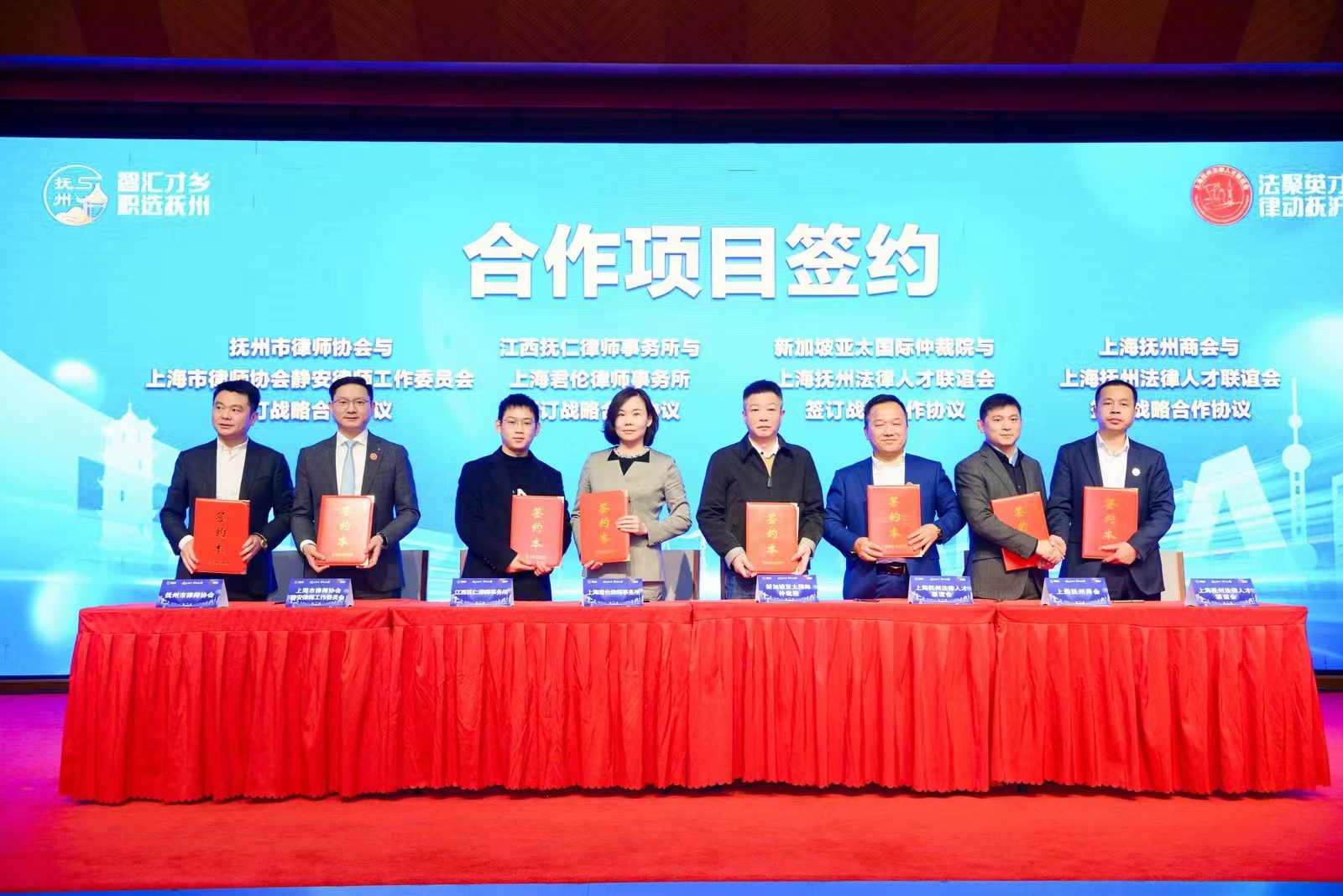 2023-12-25 11:04:59
2023-12-25 11:04:59 -
 2023-12-27 10:40:15
2023-12-27 10:40:15 -
.png) 2023-12-29 14:07:14
2023-12-29 14:07:14 -
.jpg) 2023-12-29 14:10:32
2023-12-29 14:10:32 -
 2024-01-03 16:27:17
2024-01-03 16:27:17 -
 2024-01-12 10:36:42
2024-01-12 10:36:42 -
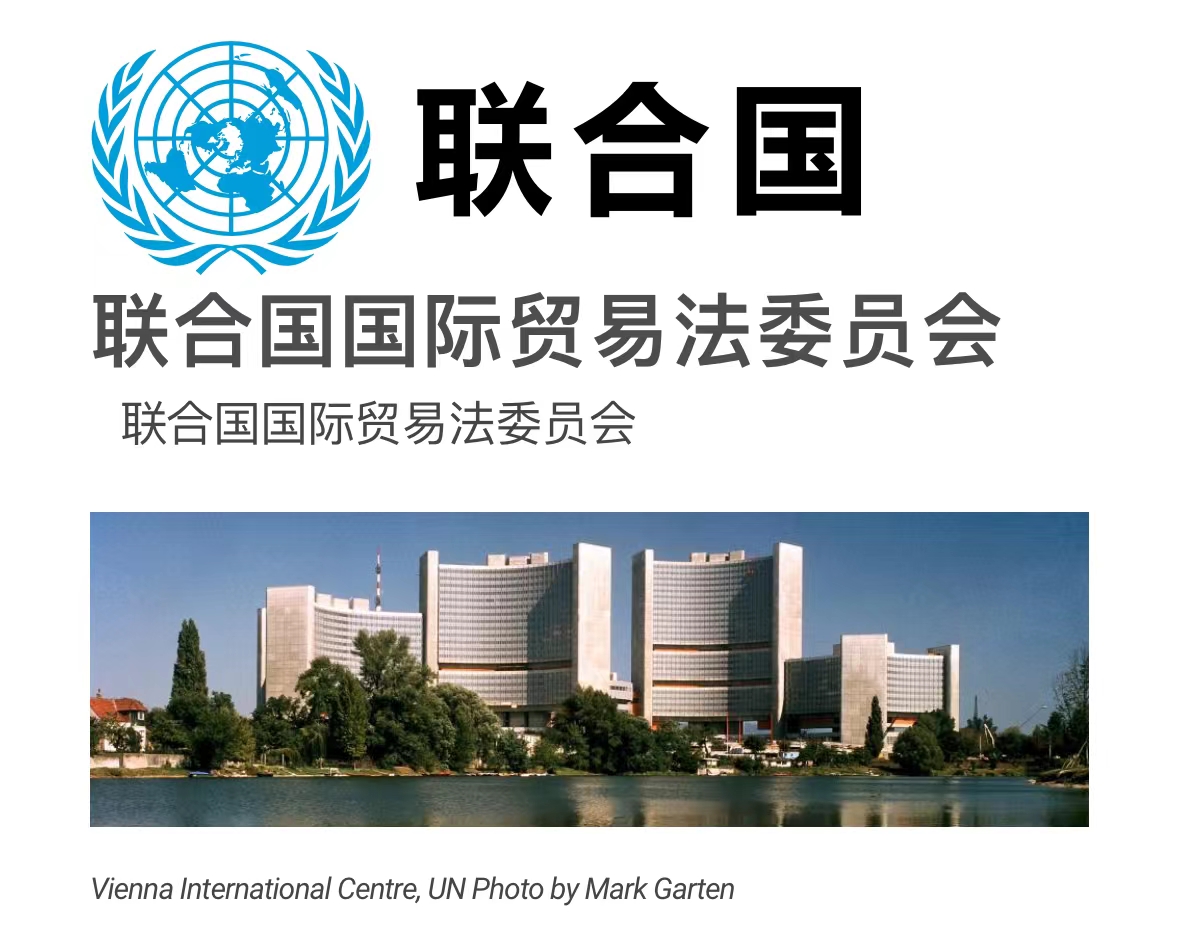 2024-01-17 15:01:24
2024-01-17 15:01:24 -
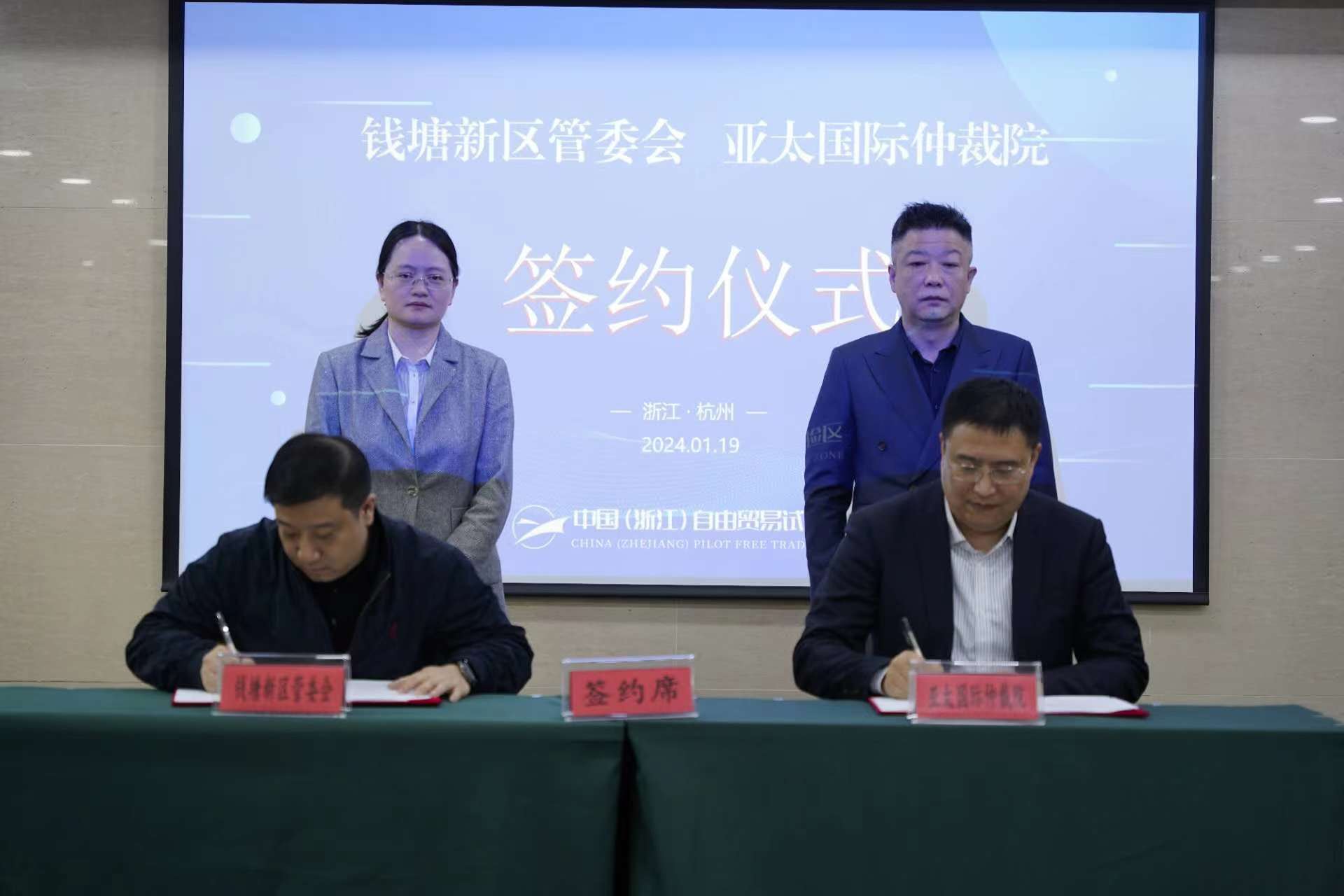 2024-01-30 10:10:28
2024-01-30 10:10:28 -
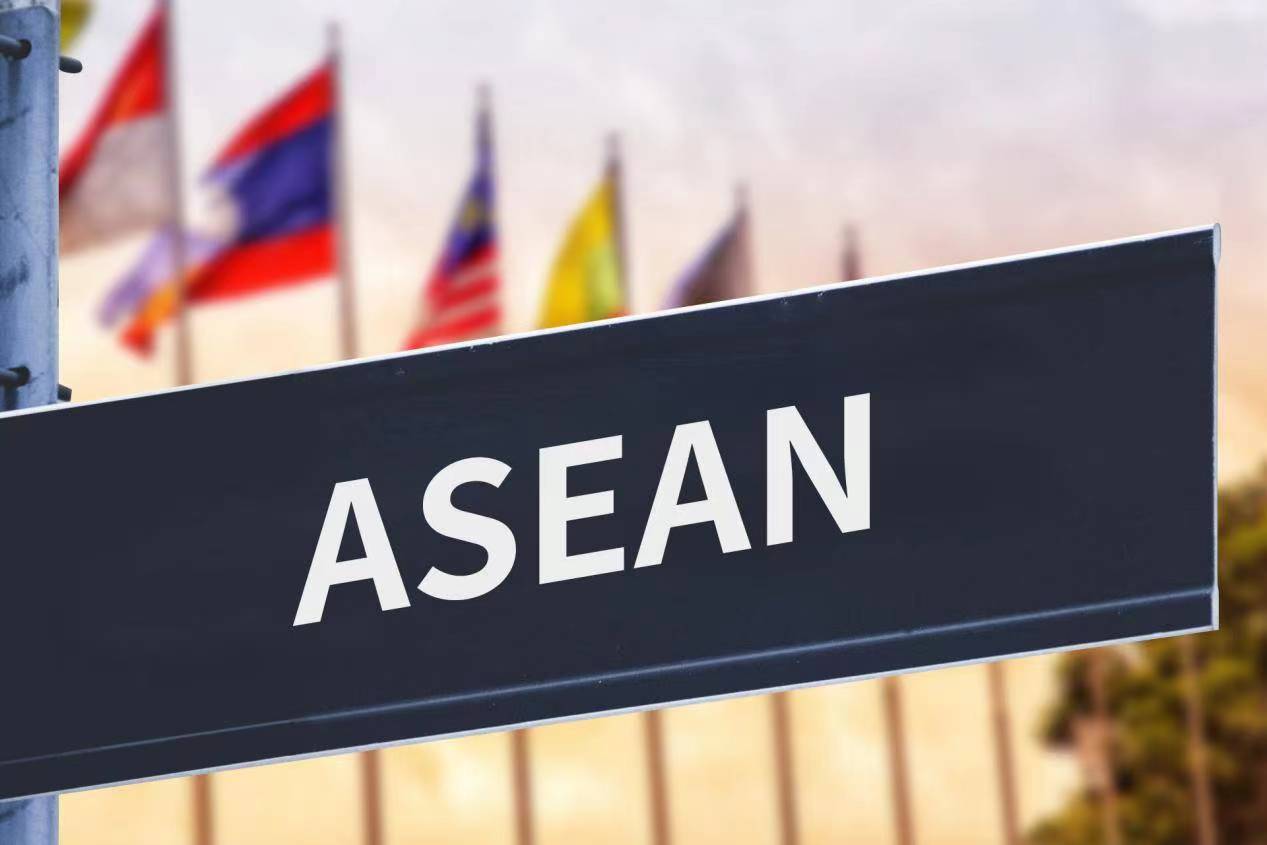 2024-01-30 10:45:10
2024-01-30 10:45:10 -
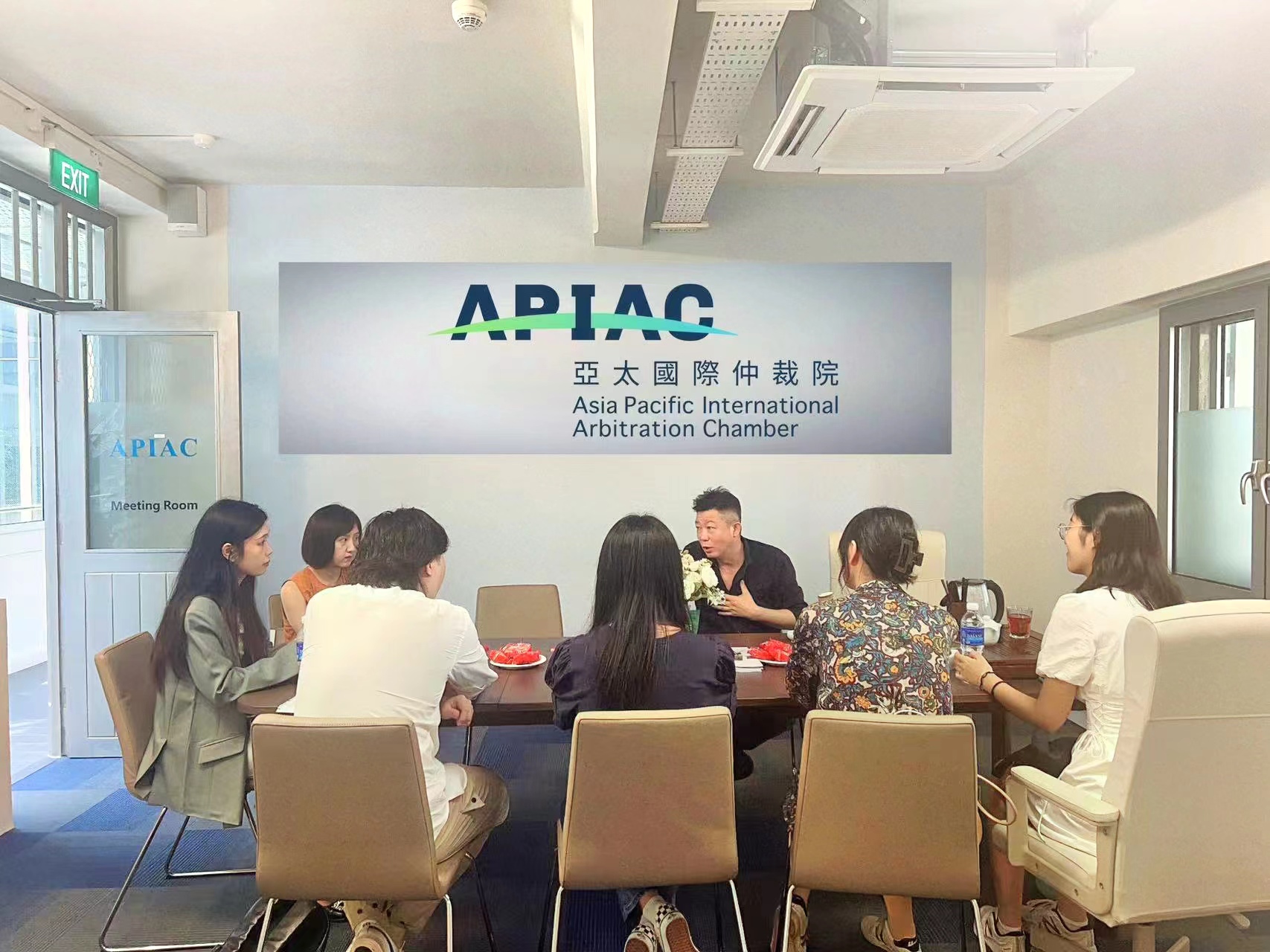 2024-01-30 15:47:05
2024-01-30 15:47:05 -
 2024-01-30 16:10:56
2024-01-30 16:10:56 -
 2024-02-21 10:01:34
2024-02-21 10:01:34 -
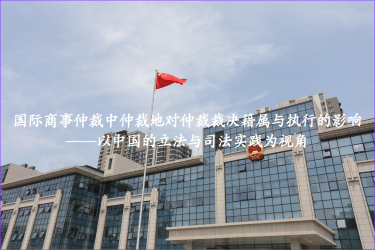 2024-02-21 10:05:01
2024-02-21 10:05:01 -
 2024-02-21 10:35:10
2024-02-21 10:35:10 -
2024-03-08 17:37:59
-
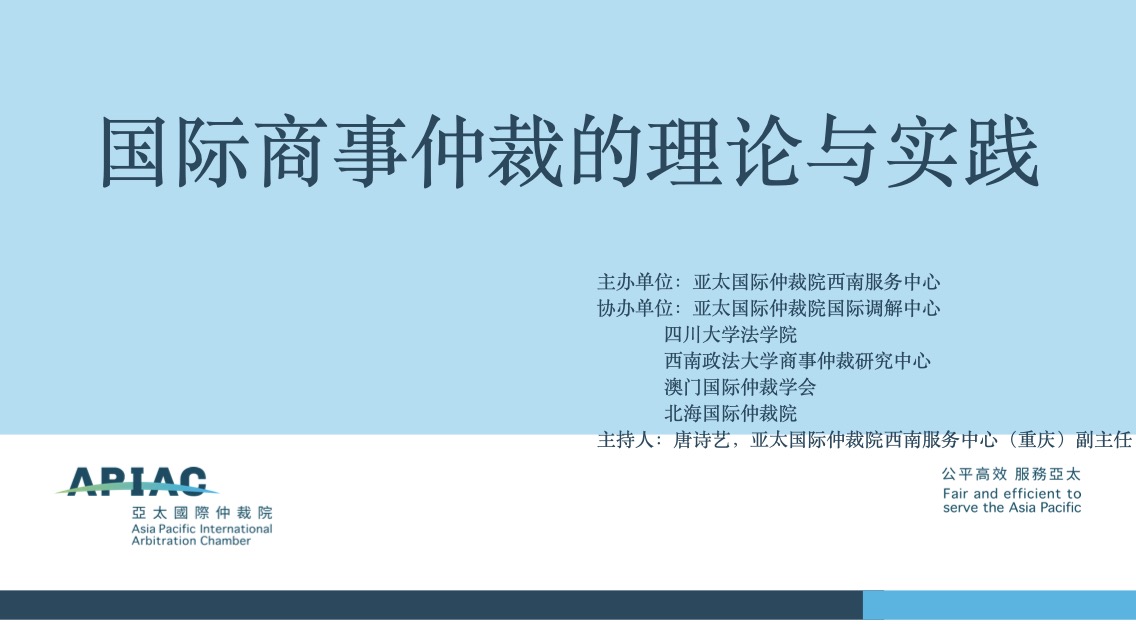 2024-03-11 08:56:10
2024-03-11 08:56:10 -
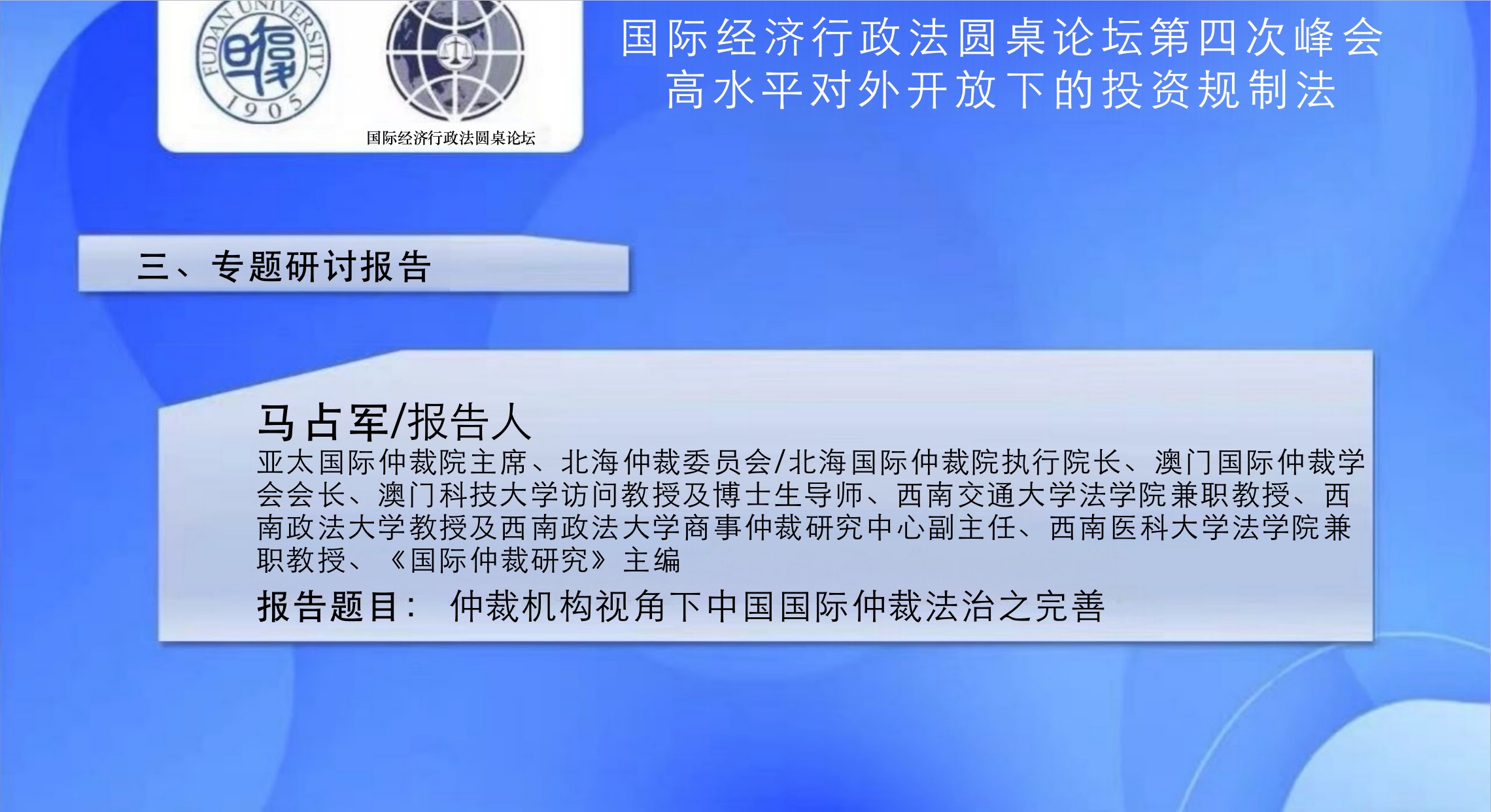 2024-03-22 14:24:24
2024-03-22 14:24:24 -
 2024-03-26 13:21:28
2024-03-26 13:21:28 -
2024-03-27 11:38:36
-
 2024-03-27 11:43:15
2024-03-27 11:43:15 -
2024-03-28 16:56:51
-
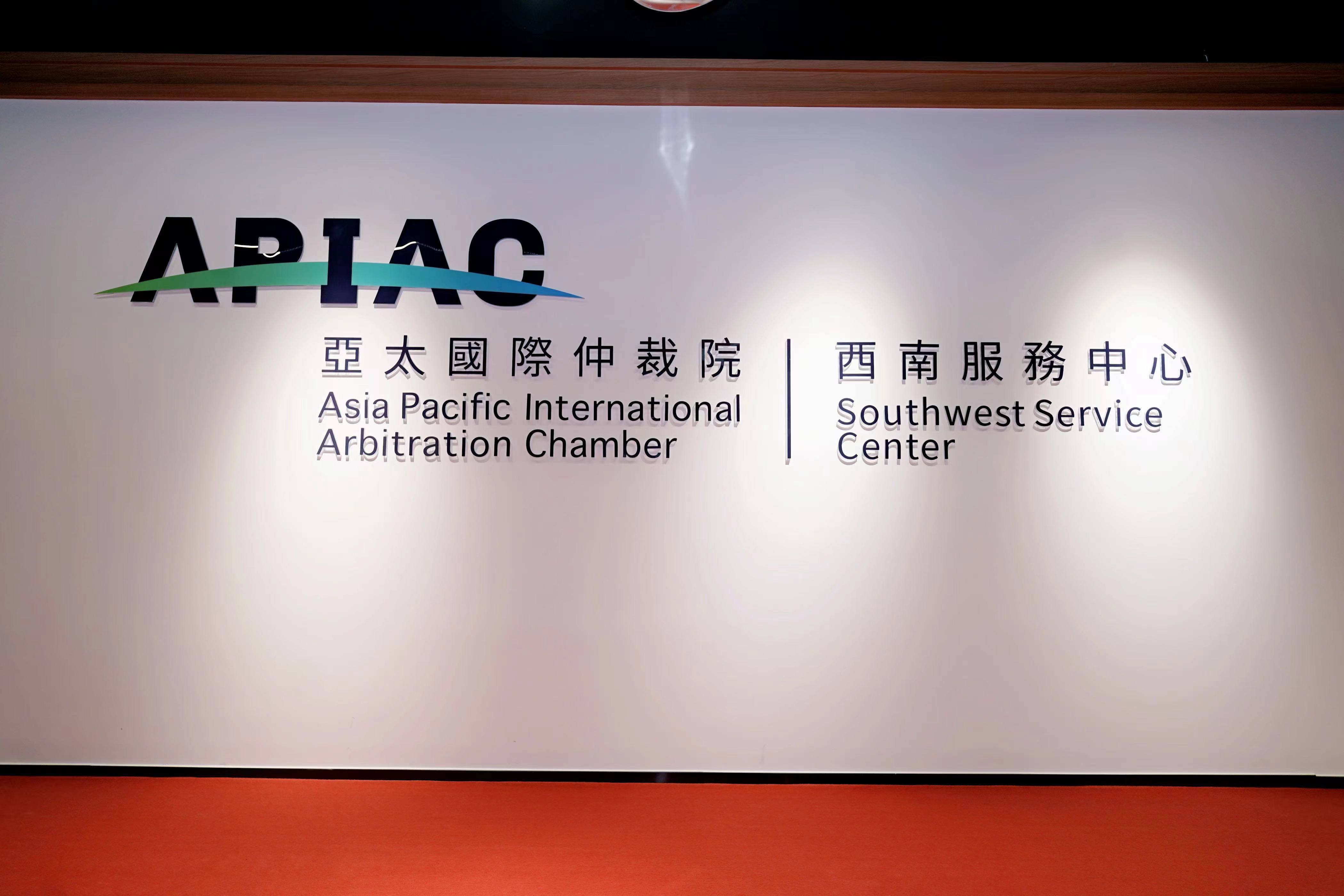 2024-04-01 14:59:03
2024-04-01 14:59:03 -
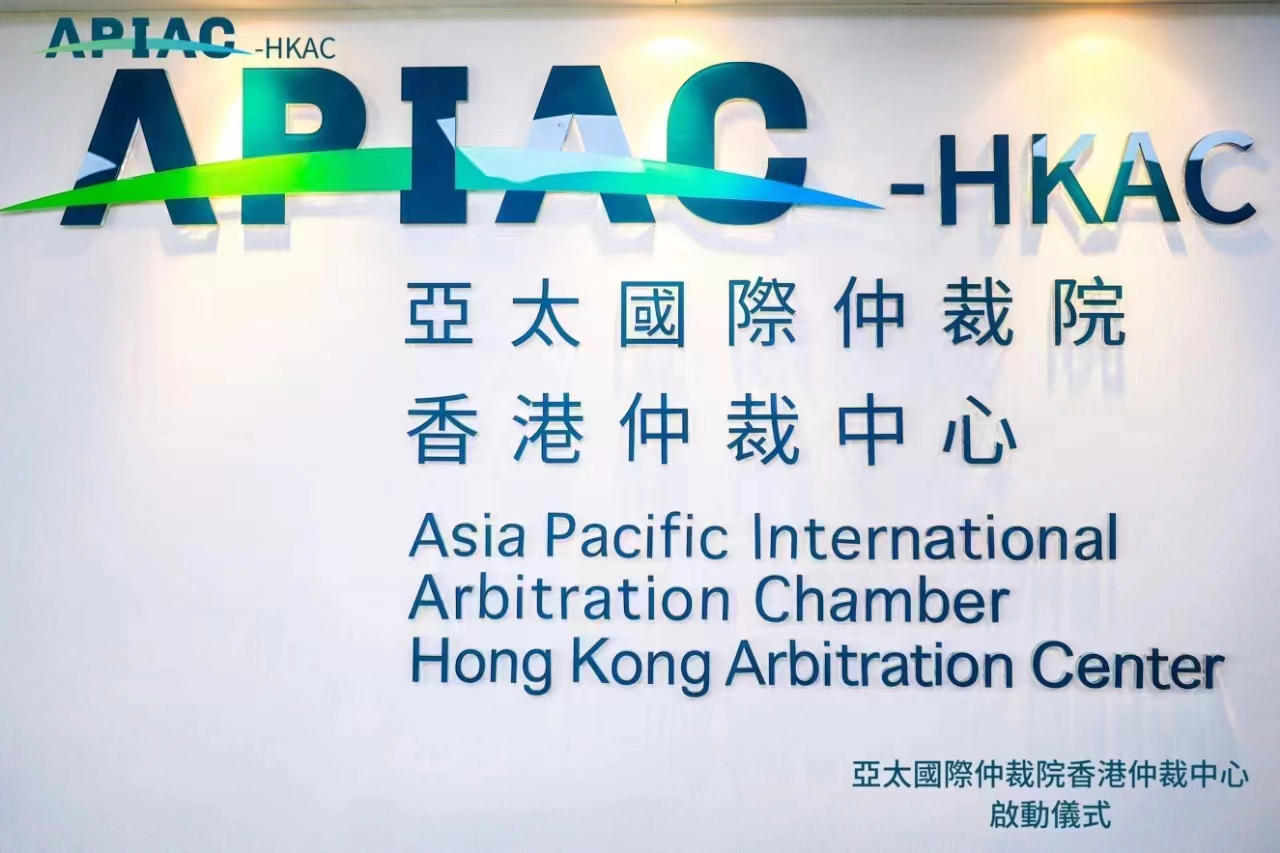 2024-04-09 10:46:25
2024-04-09 10:46:25 -
2024-04-09 11:55:48
-
 2024-04-09 16:01:04
2024-04-09 16:01:04 -
2024-04-15 16:34:57
-
2024-04-15 16:43:36
-
2024-04-18 16:34:31
-
2024-04-24 16:02:32
-
2024-04-25 17:26:30
-
2024-05-07 16:30:51
-
2024-05-11 14:54:18
-
2024-05-20 17:00:26
-
2024-05-31 16:19:03
-
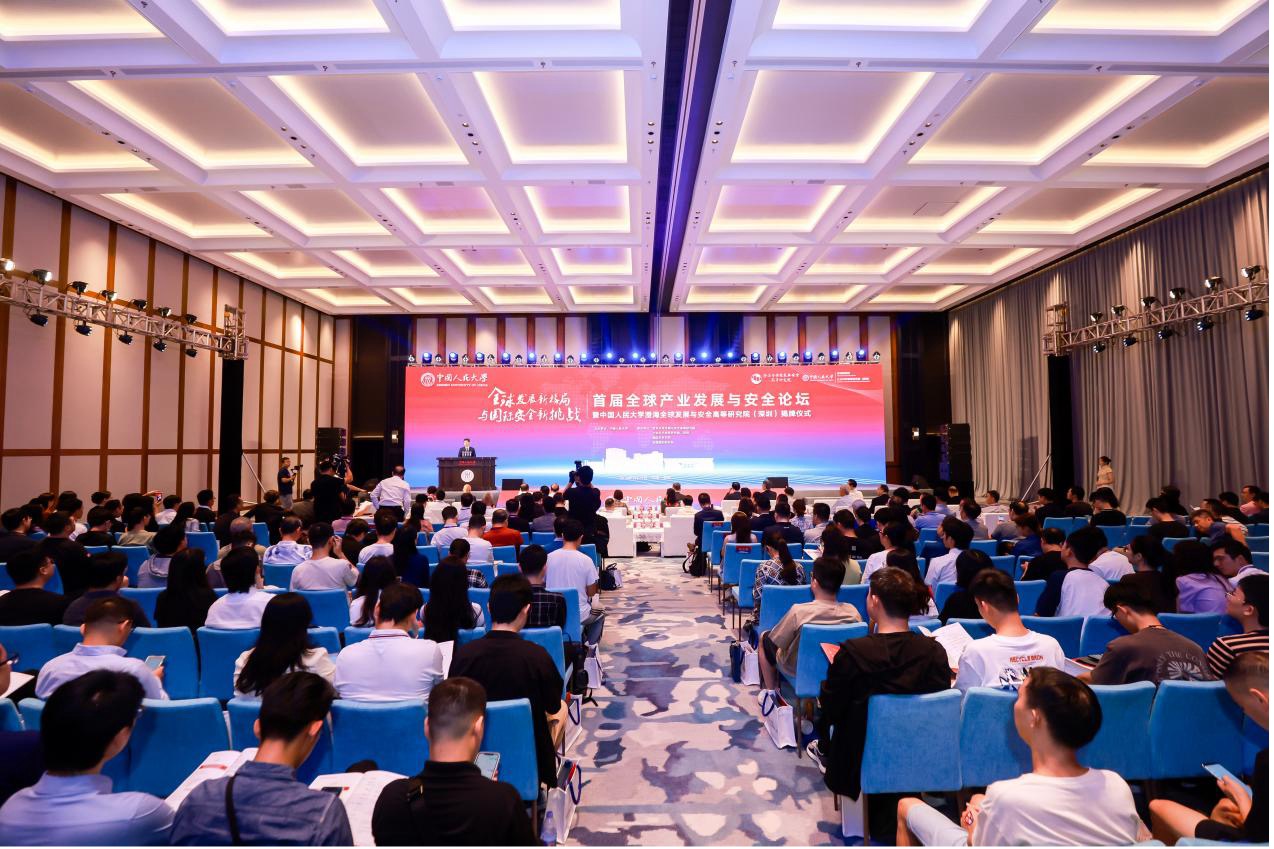 2024-05-31 16:41:28
2024-05-31 16:41:28 -
2024-05-31 16:53:49
-
2024-06-03 17:06:33
-
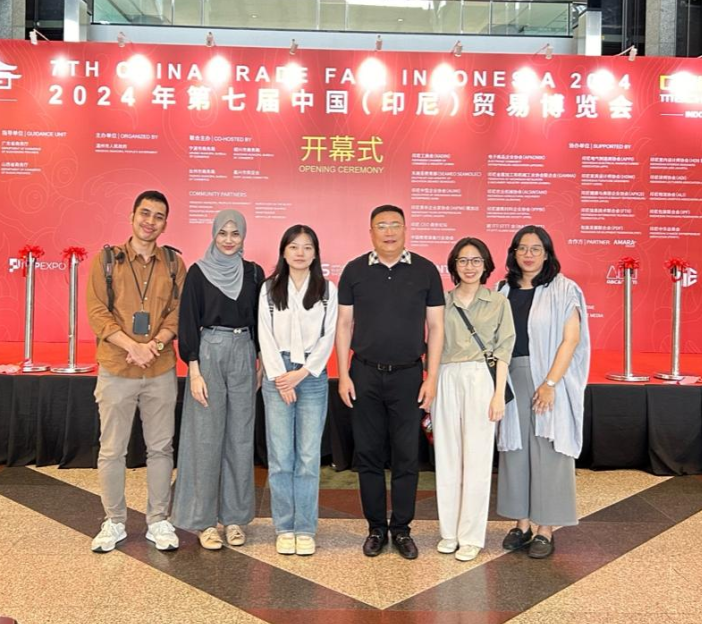 2024-06-19 16:45:08
2024-06-19 16:45:08 -
 2024-06-24 11:44:37
2024-06-24 11:44:37 -
 2024-06-24 17:56:13
2024-06-24 17:56:13 -
(1).png) 2024-06-25 15:34:49
2024-06-25 15:34:49 -
(1)(1).png) 2024-06-25 15:41:16
2024-06-25 15:41:16 -
.png) 2024-06-28 10:09:40
2024-06-28 10:09:40 -
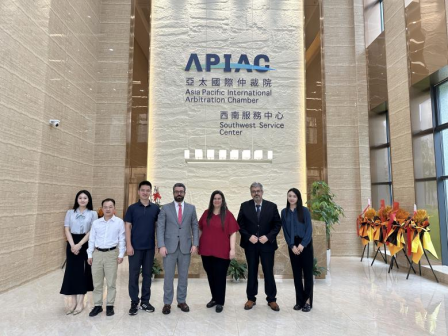 2024-07-03 14:33:07
2024-07-03 14:33:07 -
.png) 2024-07-03 14:53:48
2024-07-03 14:53:48 -
 2024-07-04 16:52:21
2024-07-04 16:52:21 -
 2024-07-09 09:31:59
2024-07-09 09:31:59 -
受邀参加“中资企业印尼投资法律论坛”(1).png) 2024-07-12 09:22:59
2024-07-12 09:22:59 -
.png) 2024-07-16 09:36:49
2024-07-16 09:36:49 -
.png) 2024-07-16 11:37:03
2024-07-16 11:37:03 -
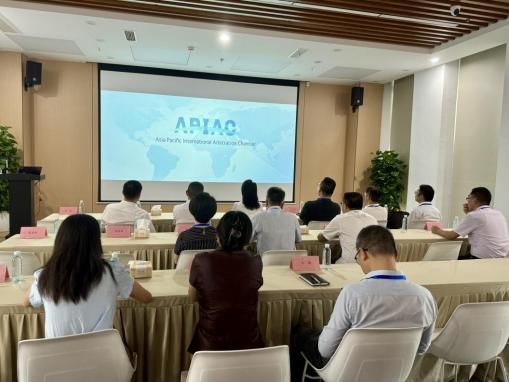 2024-07-19 10:43:08
2024-07-19 10:43:08 -
.png) 2024-07-22 10:59:23
2024-07-22 10:59:23 -
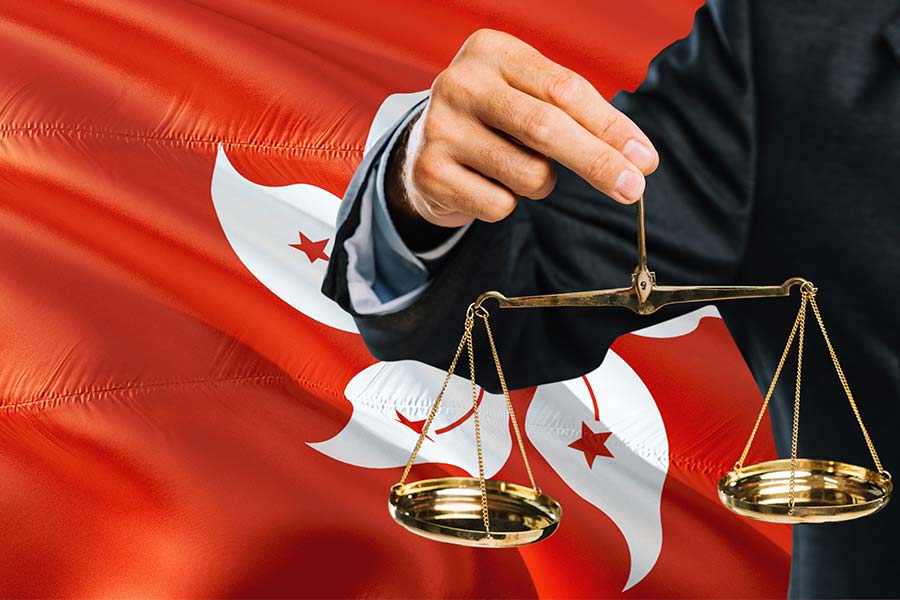 2024-07-23 09:31:20
2024-07-23 09:31:20 -
.png) 2024-07-23 14:12:58
2024-07-23 14:12:58 -
.png) 2024-08-19 09:19:47
2024-08-19 09:19:47 -
.png) 2024-08-19 10:28:22
2024-08-19 10:28:22 -
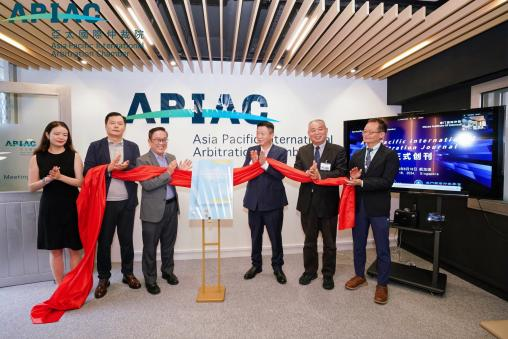 2024-08-29 10:12:54
2024-08-29 10:12:54 -
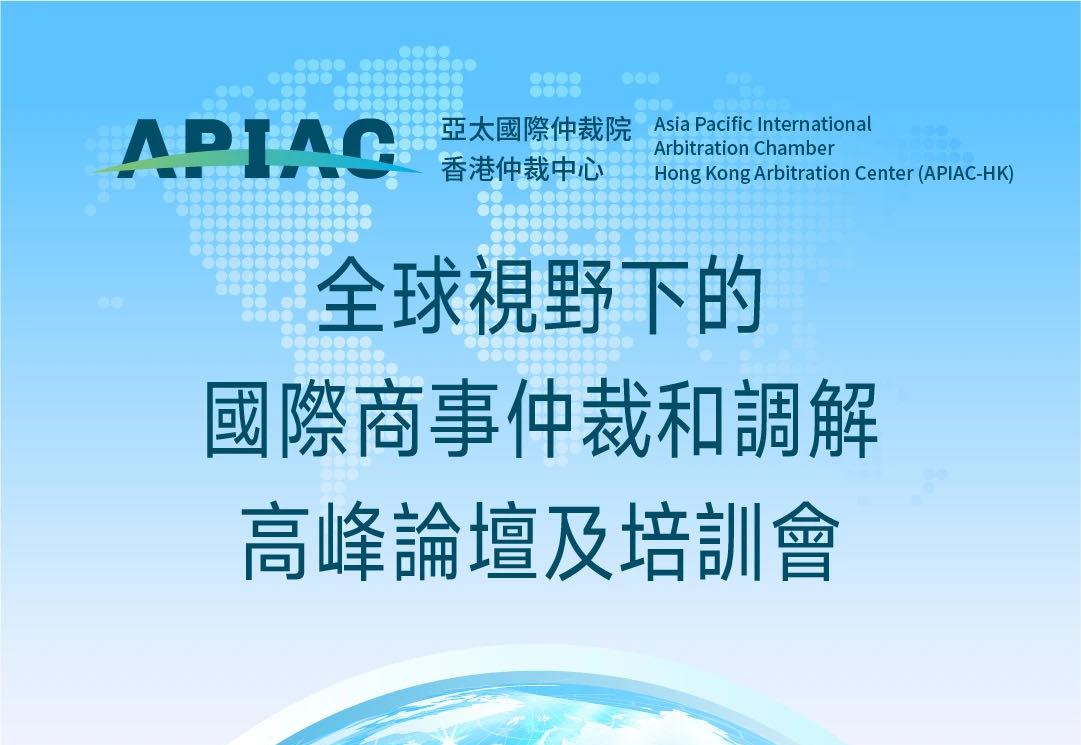 2024-09-03 17:10:04
2024-09-03 17:10:04 -
.png) 2024-09-04 11:52:59
2024-09-04 11:52:59 -
) 2024-09-05 10:17:01
2024-09-05 10:17:01 -
.png) 2024-09-09 14:35:19
2024-09-09 14:35:19 -
 2024-09-09 15:10:13
2024-09-09 15:10:13 -
 2024-09-10 10:49:03
2024-09-10 10:49:03 -
.png) 2024-09-14 14:22:46
2024-09-14 14:22:46 -
.png) 2024-09-14 15:38:09
2024-09-14 15:38:09 -
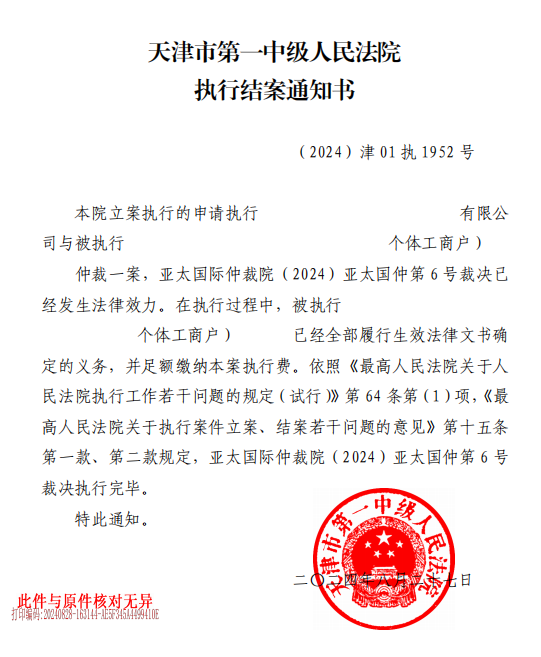 2024-09-18 11:33:35
2024-09-18 11:33:35 -
.png) 2024-09-18 14:26:08
2024-09-18 14:26:08 -
(1).png) 2024-09-23 16:07:22
2024-09-23 16:07:22 -
.png) 2024-09-23 16:17:09
2024-09-23 16:17:09 -
.jpg) 2024-09-23 17:08:06
2024-09-23 17:08:06 -
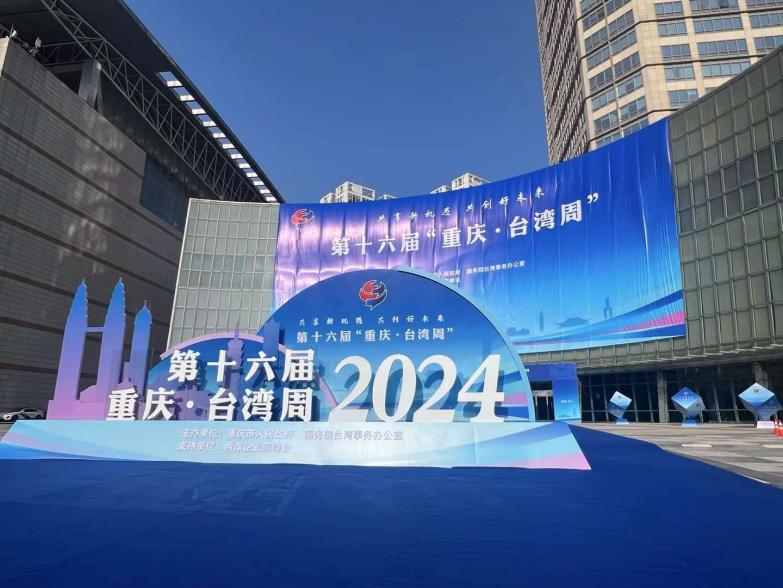 2024-09-24 09:48:07
2024-09-24 09:48:07 -
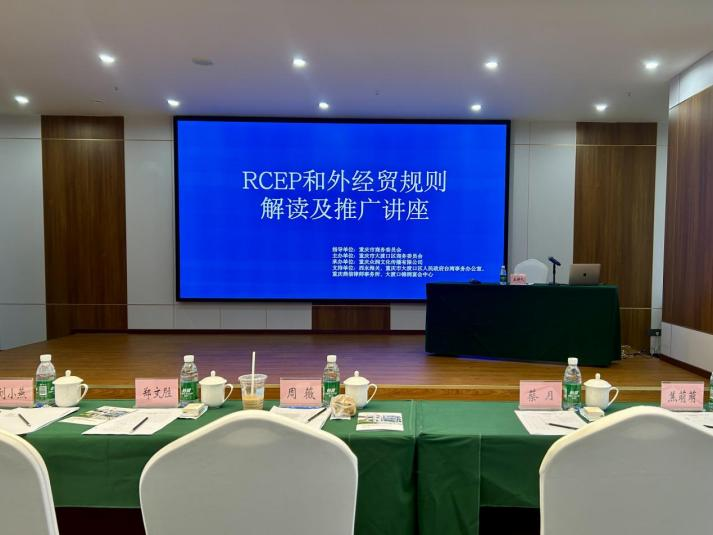 2024-09-24 12:00:38
2024-09-24 12:00:38 -
 2024-09-24 15:13:56
2024-09-24 15:13:56 -
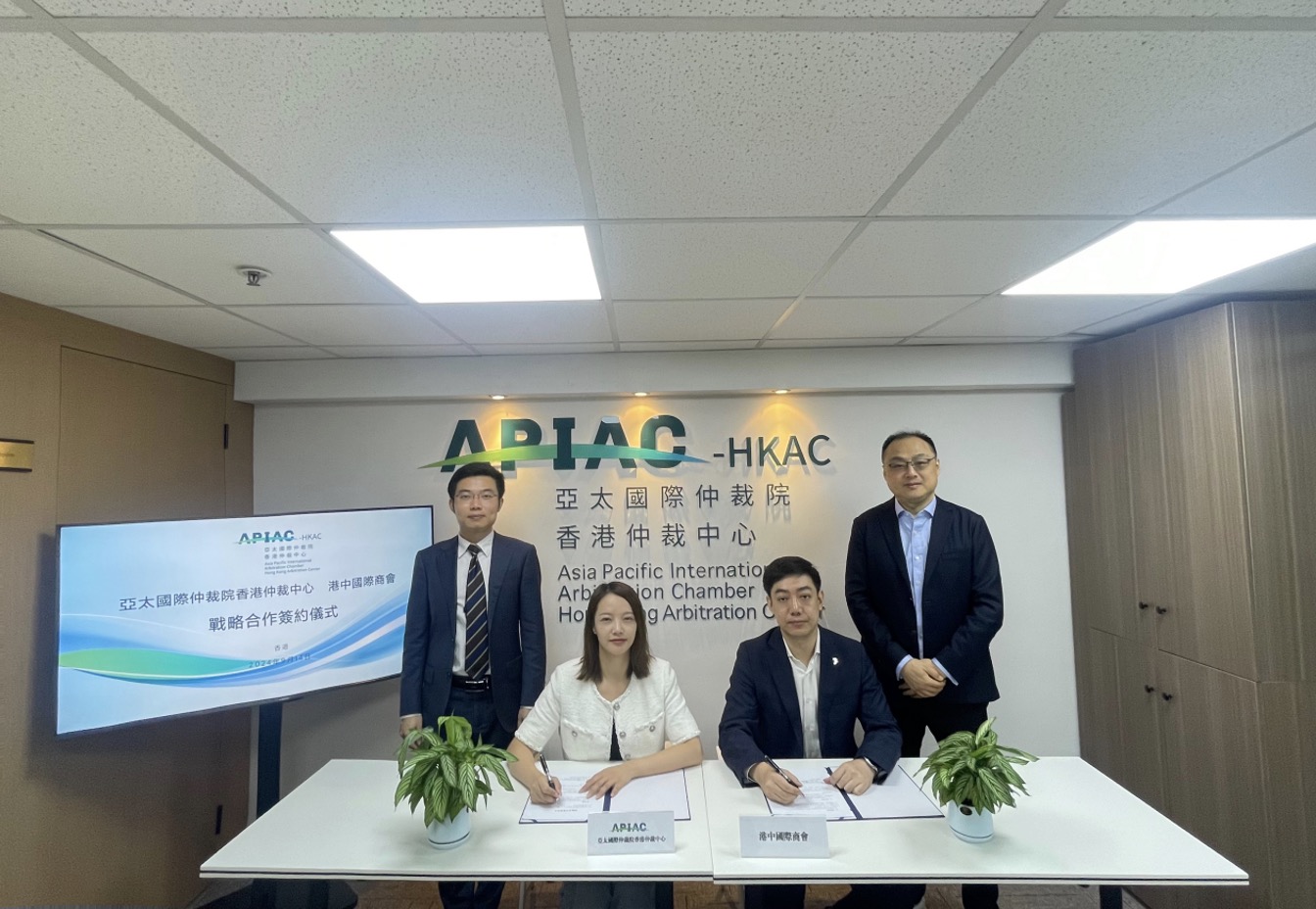 2024-09-25 16:06:59
2024-09-25 16:06:59 -
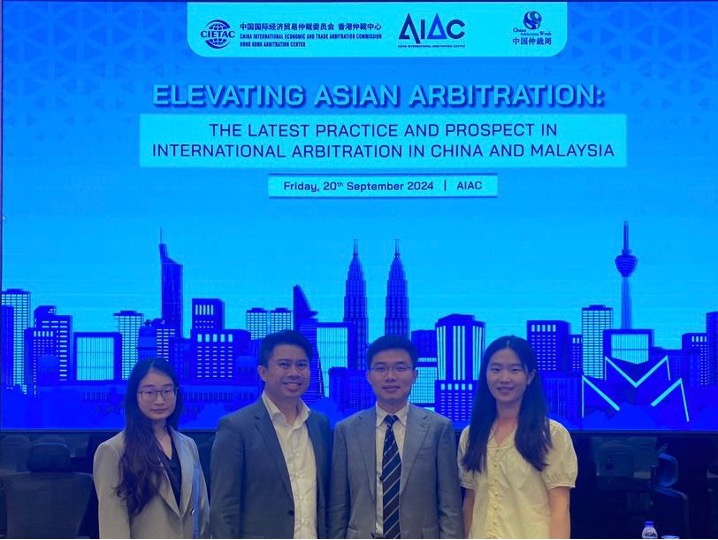 2024-09-27 16:32:47
2024-09-27 16:32:47 -
 2024-09-29 16:35:43
2024-09-29 16:35:43 -
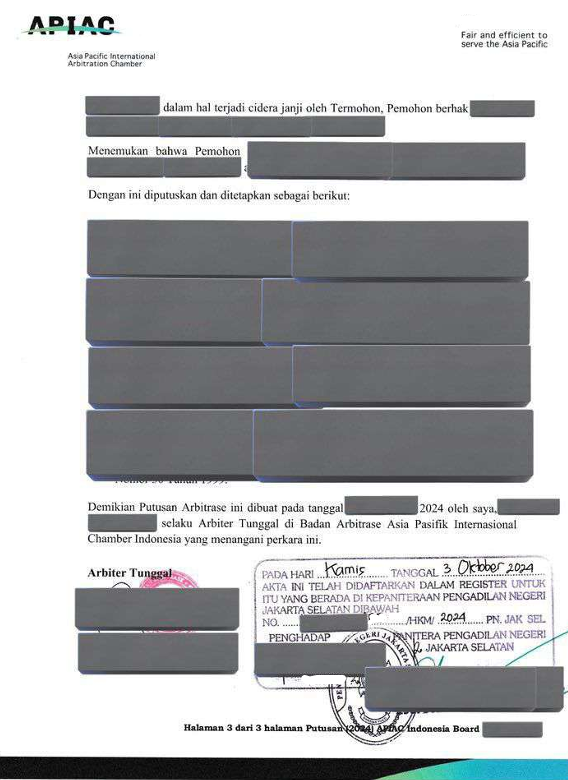 2024-10-09 09:38:56
2024-10-09 09:38:56 -
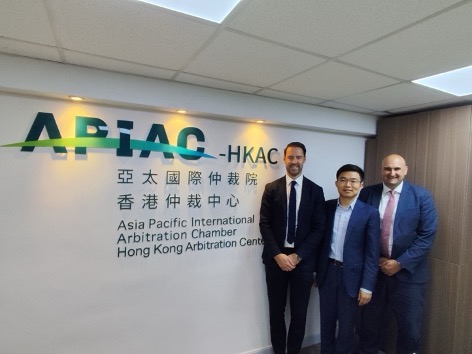 2024-10-10 15:40:31
2024-10-10 15:40:31 -
 2024-10-11 15:13:22
2024-10-11 15:13:22 -
 2024-10-23 17:08:52
2024-10-23 17:08:52 -
 2024-10-23 17:10:37
2024-10-23 17:10:37 -
 2024-10-23 17:12:12
2024-10-23 17:12:12 -
 2024-10-24 12:36:20
2024-10-24 12:36:20 -
 2024-10-29 15:45:32
2024-10-29 15:45:32 -
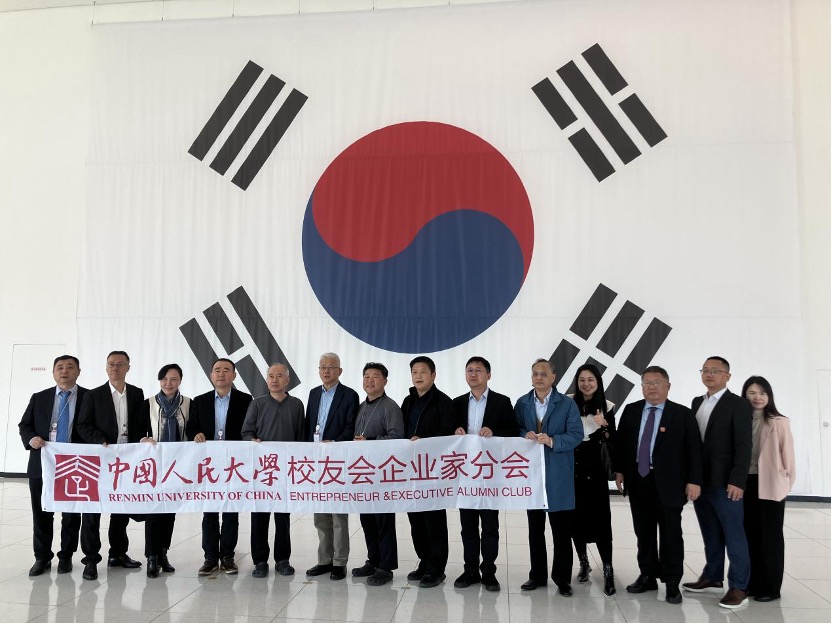 2024-11-01 16:45:33
2024-11-01 16:45:33 -
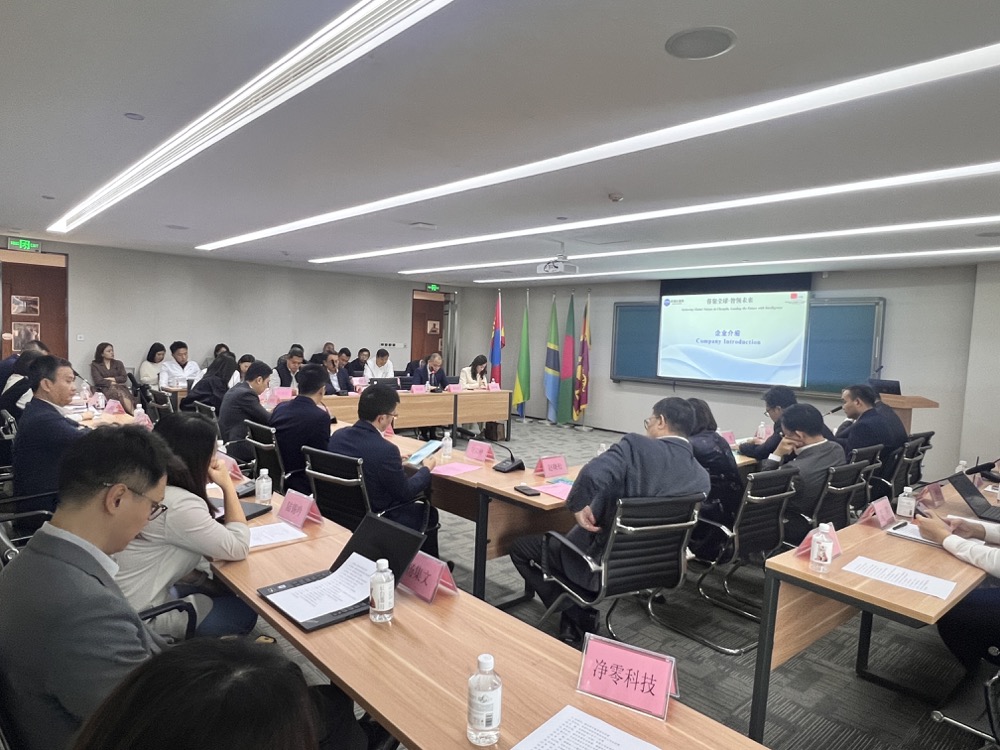 2024-11-01 16:50:15
2024-11-01 16:50:15 -
 2024-11-01 18:07:18
2024-11-01 18:07:18 -
 2024-11-05 15:44:55
2024-11-05 15:44:55 -
 2024-11-05 15:53:12
2024-11-05 15:53:12

 CN
CN BI
BI